 |
Market sentiment was cautious after US President Donald Trump unexpectedly decided to suspend reciprocal tariffs on imports from most of the US’s trading partners for 90 days to allow for trade negotiations with those countries. However, the general 10% tariff on most imports into the US remains in place.
This development triggered a wave of capital flows into safe-haven assets, especially the Japanese yen and Swiss franc, while risk-sensitive currencies such as the Australian dollar came under strong selling pressure.
The dollar fell 0.64 percent against the yen to 146.81 yen per dollar. The greenback also lost 0.48 percent against the Swiss franc, trading at 0.8529 francs per dollar.
Meanwhile, the euro recorded an increase of 0.14%, currently trading at 1.0964 USD.
The British pound is currently trading at $1.2832, up 0.09%
The New Zealand dollar rose 0.28% to $0.5659.
The Australian dollar fell 0.11% to $0.6146, after falling as much as 0.5% earlier in the session. The Aussie had earlier jumped 3.3% to a five-year low of $0.5910. The currency is now seen as a reliable indicator of market sentiment and liquidity related to China.
In the Asian currency market, the offshore yuan lost 0.2 percent to trade around 7.3545 yuan per dollar. The currency hit a record low of 7.4288 yuan per dollar this week before recovering slightly.
ANZ experts said that the current valuation of the USD is at an "extreme" level and difficult to maintain in the medium term, especially in the context of declining confidence in US economic policy.
Sharing the same view, analyst Kyle Rodda from Capital.com said that investor sentiment was affected after the US stock market showed signs of weakness, while warnings of a financial crisis began to appear.
Although the Trump administration has suspended global tariffs for the next 90 days, economists stress that the trade war is not over and believe that global markets will need time to recover from the damage caused by the tariffs.
“Businesses will be relieved that trade policy appears to be less of a concern than previously thought. However, significant policy uncertainty will continue to weigh on investment decisions over the next few months,” said Bill Adams, chief economist at Comerica Bank.
“Market volatility is likely to remain high, despite the 90-day tariff pause for countries that do not retaliate. Actual data from the beginning of the year shows that the economy is slowing, regardless of trade policy,” said Jeffrey Roach, chief economist at LPL Financial, expressing concerns about the US economic outlook, predicting that difficulties will continue in the coming time.
Meanwhile, Mr. Adams noted that while the S&P 500 has recovered from recent lows, it is still down 8% year-to-date, reflecting the lingering impact of trade uncertainty on investor sentiment and financial markets in general.
Source: https://thoibaonganhang.vn/sang-104-ty-gia-trung-tam-tang-28-dong-162544.html


![[Photo] Russian military power on display at parade celebrating 80 years of victory over fascism](https://vphoto.vietnam.vn/thumb/1200x675/vietnam/resource/IMAGE/2025/5/9/ce054c3a71b74b1da3be310973aebcfd)

![[Photo] Prime Minister Pham Minh Chinh chairs a special Government meeting on the arrangement of administrative units at all levels.](https://vphoto.vietnam.vn/thumb/1200x675/vietnam/resource/IMAGE/2025/5/9/6a22e6a997424870abfb39817bb9bb6c)
![[Photo] General Secretary To Lam and international leaders attend the parade celebrating the 80th anniversary of the victory over fascism in Russia](https://vphoto.vietnam.vn/thumb/1200x675/vietnam/resource/IMAGE/2025/5/9/4ec77ed7629a45c79d6e8aa952f20dd3)
![[Photo] Magical moment of double five-colored clouds on Ba Den mountain on the day of the Buddha's relic procession](https://vphoto.vietnam.vn/thumb/1200x675/vietnam/resource/IMAGE/2025/5/9/7a710556965c413397f9e38ac9708d2f)
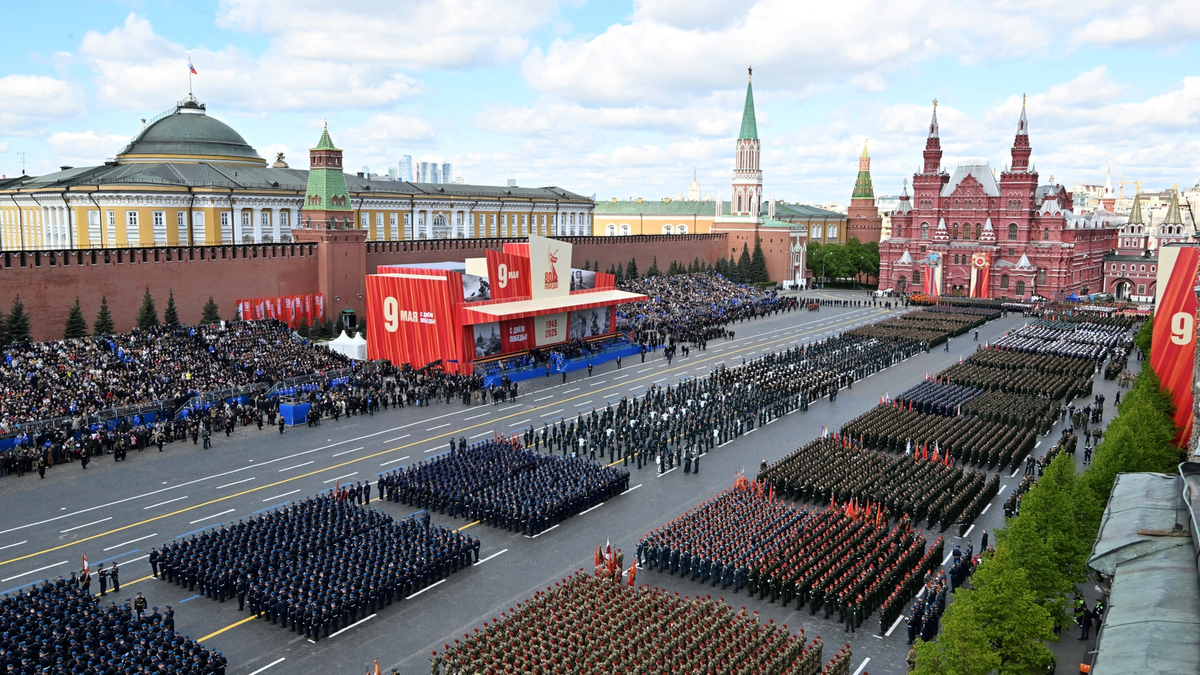


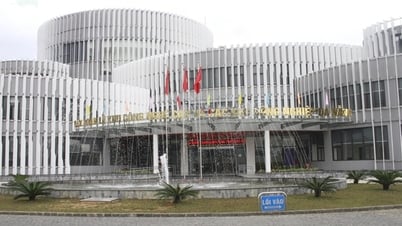








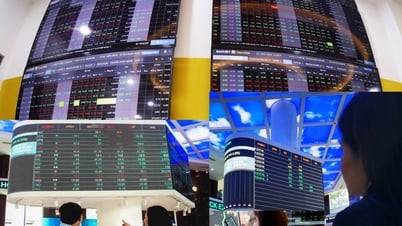

































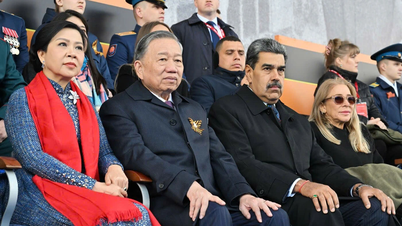








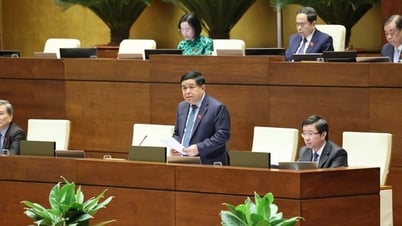











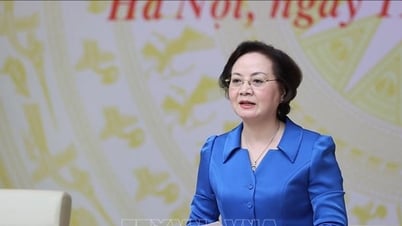














Comment (0)